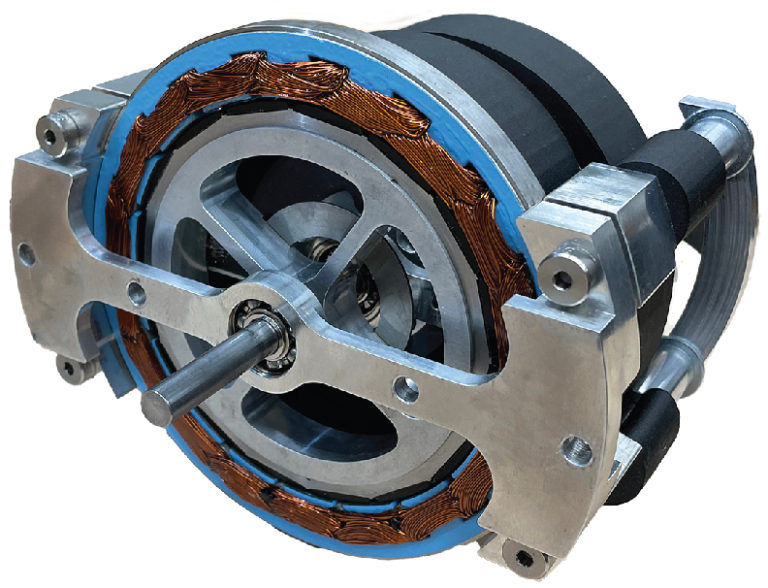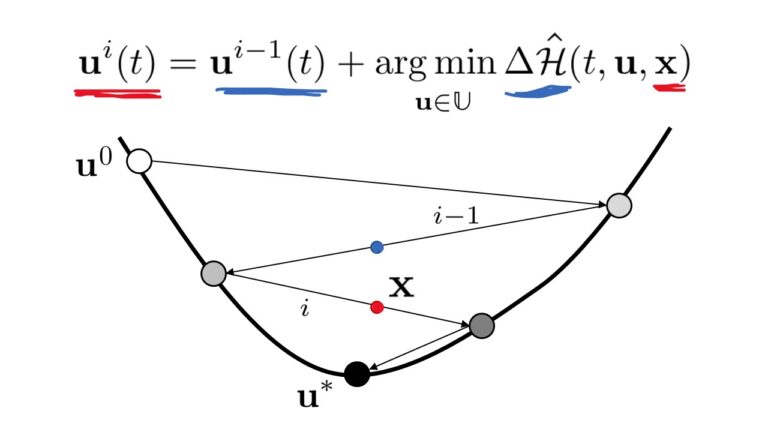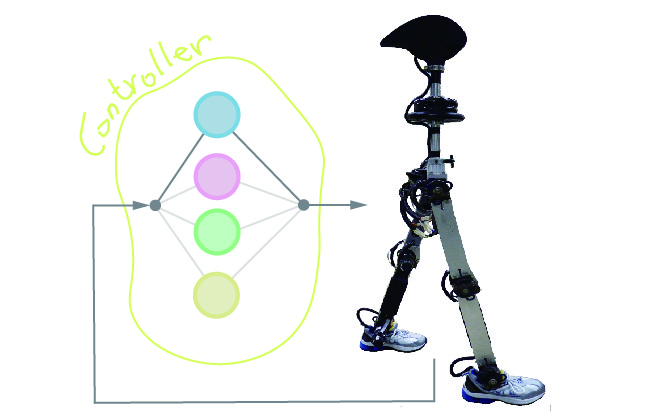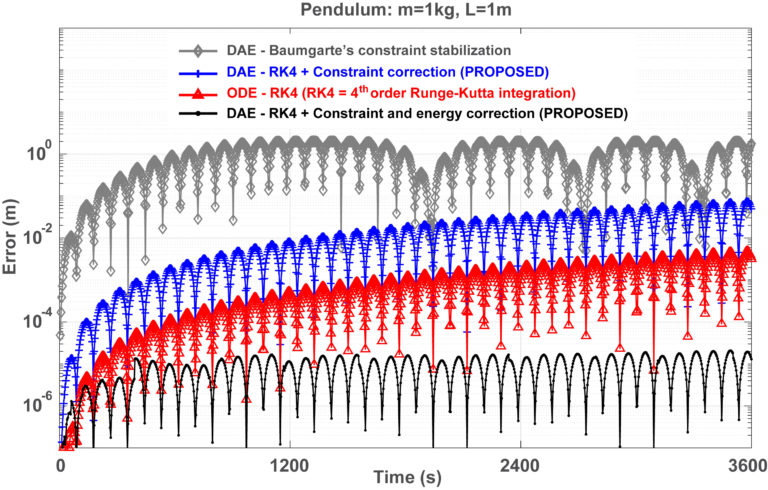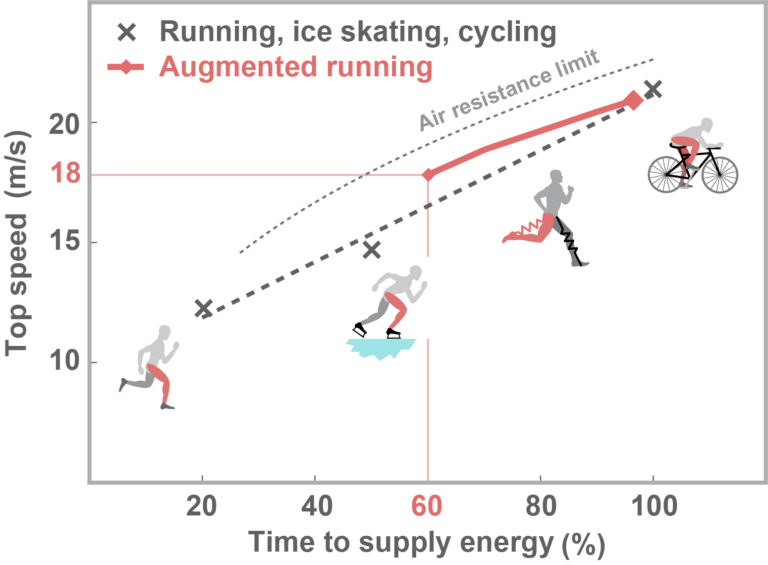
Mechanically Adaptive Robot Exoskeletons to Improve Human Mobility
We work on the theory of mechanically adaptive robot exoskeletons, to create unpowered but mechanically-adaptive devices and devices driven by small actuators (for example, a small electric motor), that provide the human with capabilities beyond those of an unassisted human,…
